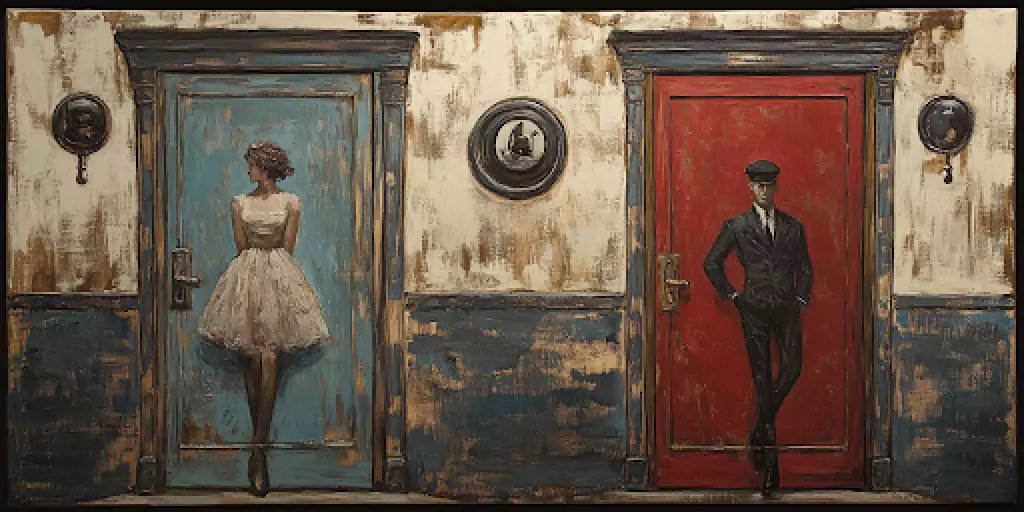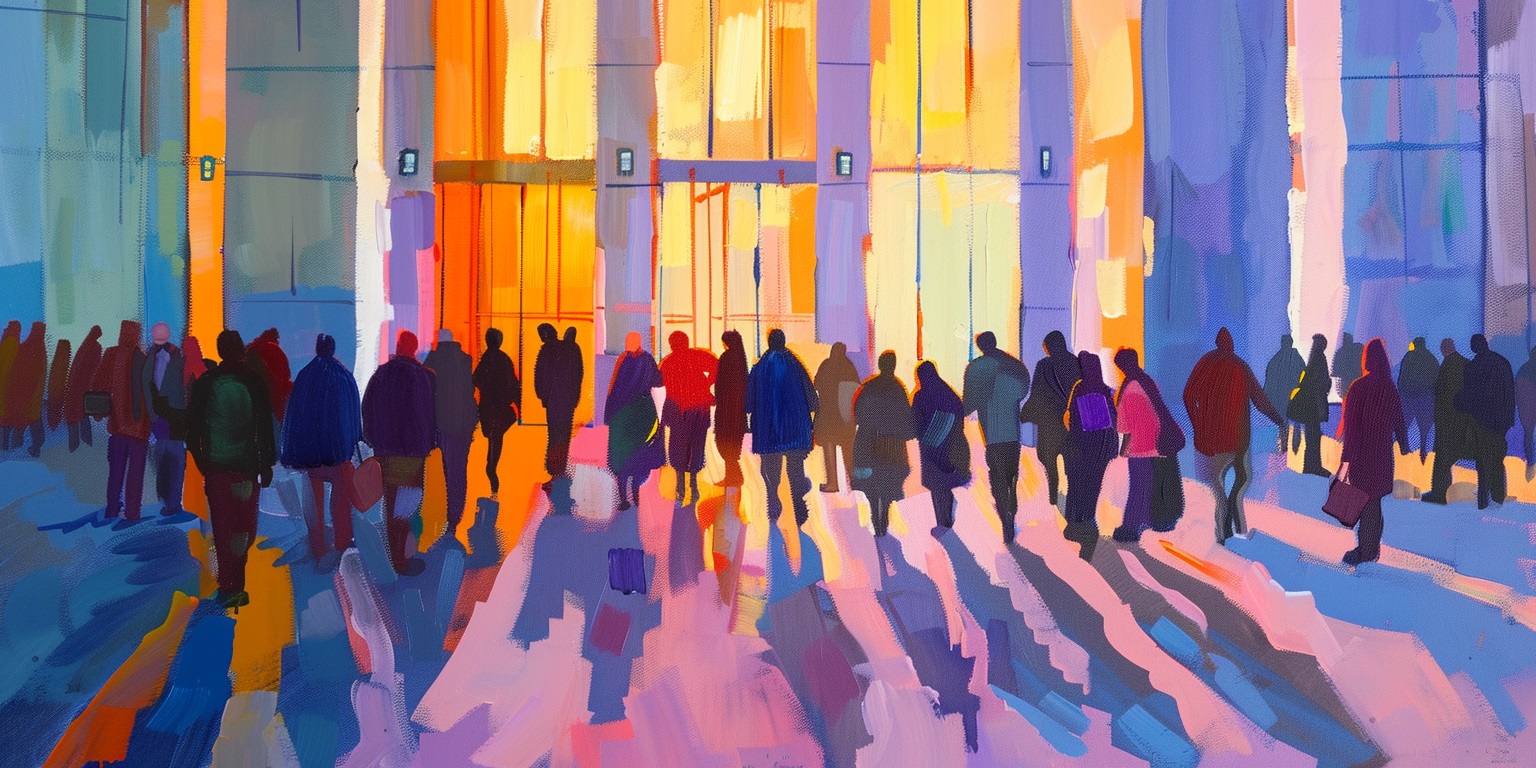In the wake of the protests in Salt Lake City, rumors circulated of impending home invasions throughout northern Utah. Protestors allegedly planned to knock doors and “if people answer when they knock, they [would shoot] to prove black lives matter.” Police departments throughout the region issued statements through social media that there seemed to be no credible threat. In fact, the rumors may have been sparked by social media posts such as one posted by “Blacklivess Matter” which promised “we will be assassinating white families until justice is served!!!” or another from “ANTIFA America” which declared “Tonight we say ‘F— The City’ and we move into the residential areas . . . the white hoods . . . and we take what’s ours.” This was frightening, except like the rumors in Utah, they were part of a hoax. For instance, NBC News discovered that the ANTIFA America account was linked to a neo-Nazi group known as Identity Evropa. The goal of such rumors was to sow discord, fear, and like actual violence among the protests, served to delegitimatize a movement and distract from its message.
This tactic of disinformation and propaganda has a long history among governments and has been employed in the United States on numerous occasions. Sadly, the rumors of BLM-inspired violence in northern Utah is reminiscent of a similar disinformation campaign leveled against Utahns in September 1965.
We must be ever vigilant against this sort of divisive rumor.
As a student at the University of Utah then noted, “…a surprising number of supposedly intelligent residents of Salt Lake City have been taken in by rumors that a Watts-like riot will take place in Salt Lake City this weekend when the Mormon Church gathers for its general conference.” Reed Benson, then president of the Utah-chapter of the John Birch Society, had encouraged members to begin this “whispering campaign” to thwart the Civil Rights Movement which he believed was “Communist-controlled, influenced, and dominated.”
The NAACP responded by censuring the National Guard and Salt Lake City Police for spreading these rumors and restating its commitment against violence. They denied that any such demonstrations were planned in the Salt Lake City area and posited that the “rumors started with certain right-wing societies that make a practice of scaring people.” The October 1965 general conference passed without incident.
Historian D. Michael Quinn has credited this moment for turning the sympathy of Utah’s political and religious leaders from the John Birch Society. Yet, claims of an impending Salt Lake City race war remained. Three years later, the disinformation campaign resumed when someone began to circulate a new variant of a prophecy credited to the Latter-day Saint prophet John Taylor, now featuring the arrival of thousands of African Americans seeking civil rights in Salt Lake City. “They will knock down the doors of the Temple (east), enter and desecrate the Temple, even to ravishing of women therein,” before violence would be widespread in the area. The spread of this rumor among Latter-day Saints led Church President Harold B. Lee to issue an official response in 1970. It was “just another evidence of the cleverly designed motives of individuals who seize upon the emotionalism of our present day to get publicity, and agitate the feelings of Church members.”
These incidents—those from fifty years ago and those from the past week—remind us that there are some eager to manipulate us for their own ends and to cause us to imagine the absolute worst in one another. We must be ever vigilant against this sort of divisive rumor, more so now that we are in the age of social media.

















